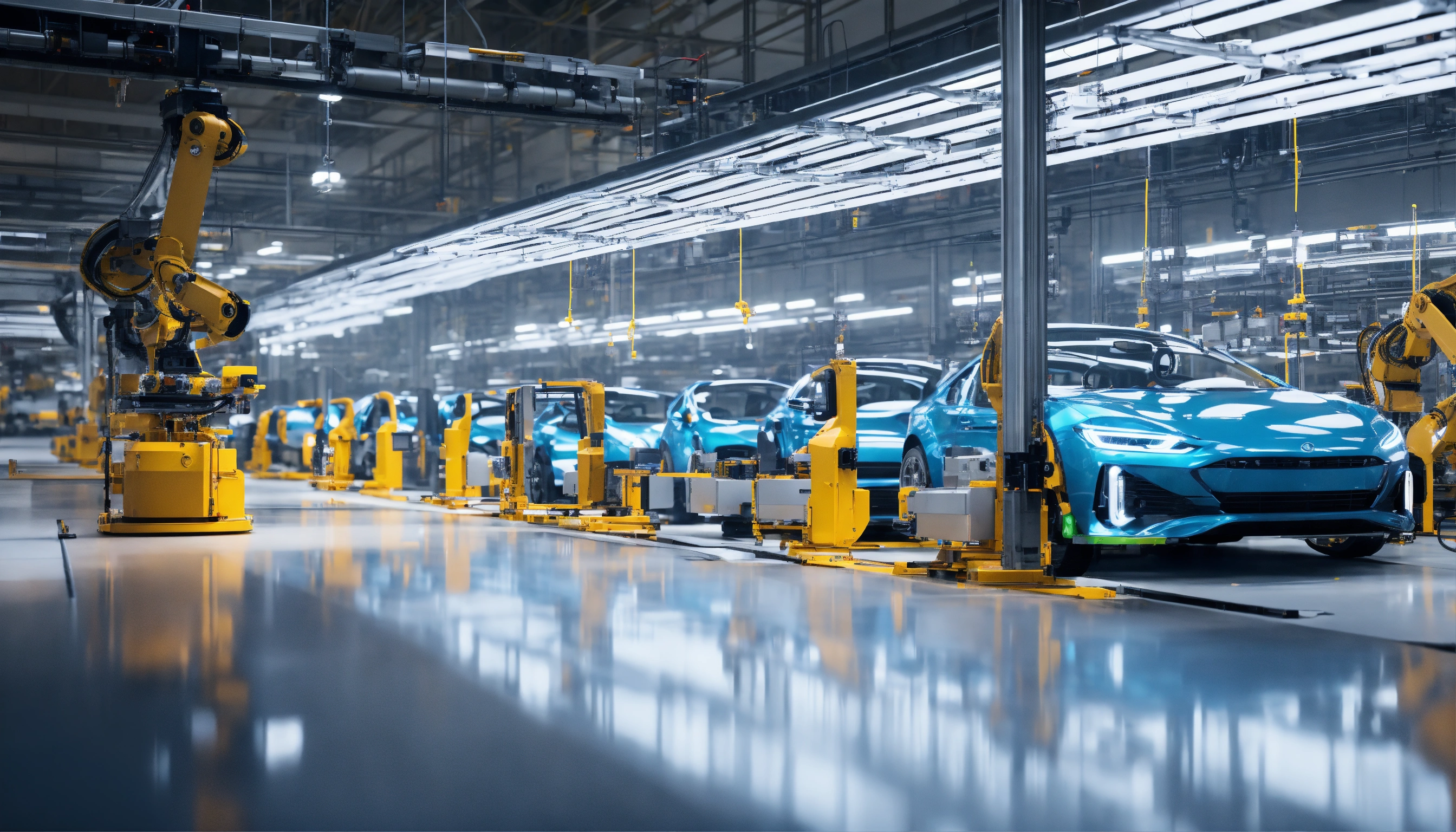
Ontario has cemented its place as a critical node in the global electric vehicle (EV) supply chain. In 2025, the province is attracting billions in new investment to develop EV battery production, mining operations, and advanced manufacturing hubs — signaling a transformative moment for Canada's auto sector.
With access to essential minerals, a skilled workforce, and proximity to U.S. markets, Ontario has emerged as a top destination for EV supply chain investments. The provincial and federal governments have committed more than $15 billion since 2022 to attract industry players and build domestic capacity for battery components and assembly.
“This isn’t just a boom — it’s a strategic reshaping of Ontario’s industrial base,” says Dr. Alicia Cheng, an economist at the University of Toronto. “From Sudbury to Windsor, we’re seeing an EV corridor take shape.”
The real breakthrough lies in vertical integration. Nickel and lithium sourced from Ontario mines feed directly into local refining operations. That material then moves to CAM/precursor plants and eventually into battery cell manufacturing — all within the province.
"We're not just making batteries — we’re building an ecosystem," said Vic Fedeli, Ontario’s Minister of Economic Development. “This ecosystem will secure jobs for decades.”
The provincial government estimates more than 25,000 new jobs will be created by 2030 in battery manufacturing and related industries. However, filling these roles will require aggressive training programs, reskilling initiatives, and immigration support.
Colleges and polytechnics across Ontario are launching battery technology and clean energy programs to meet growing demand for engineers, machine operators, and logistics experts.
Join thousands of readers across Australia who trust us for reliable, ad-free news. Sign up now and never miss a story that matters.
Subscribe NowWhile investment is welcomed, some mining developments in Northern Ontario have sparked concern among Indigenous communities. Consultation and benefit-sharing agreements remain a critical part of advancing supply chain projects ethically and sustainably.
Canada’s vision for a net-zero economy hinges in part on electrifying transportation. Ontario’s EV battery supply chain investments are positioning the country as a serious global competitor — not just a supplier, but a leader.
With ongoing support from all levels of government and the private sector, Ontario may soon be synonymous with the future of electric mobility in North America.